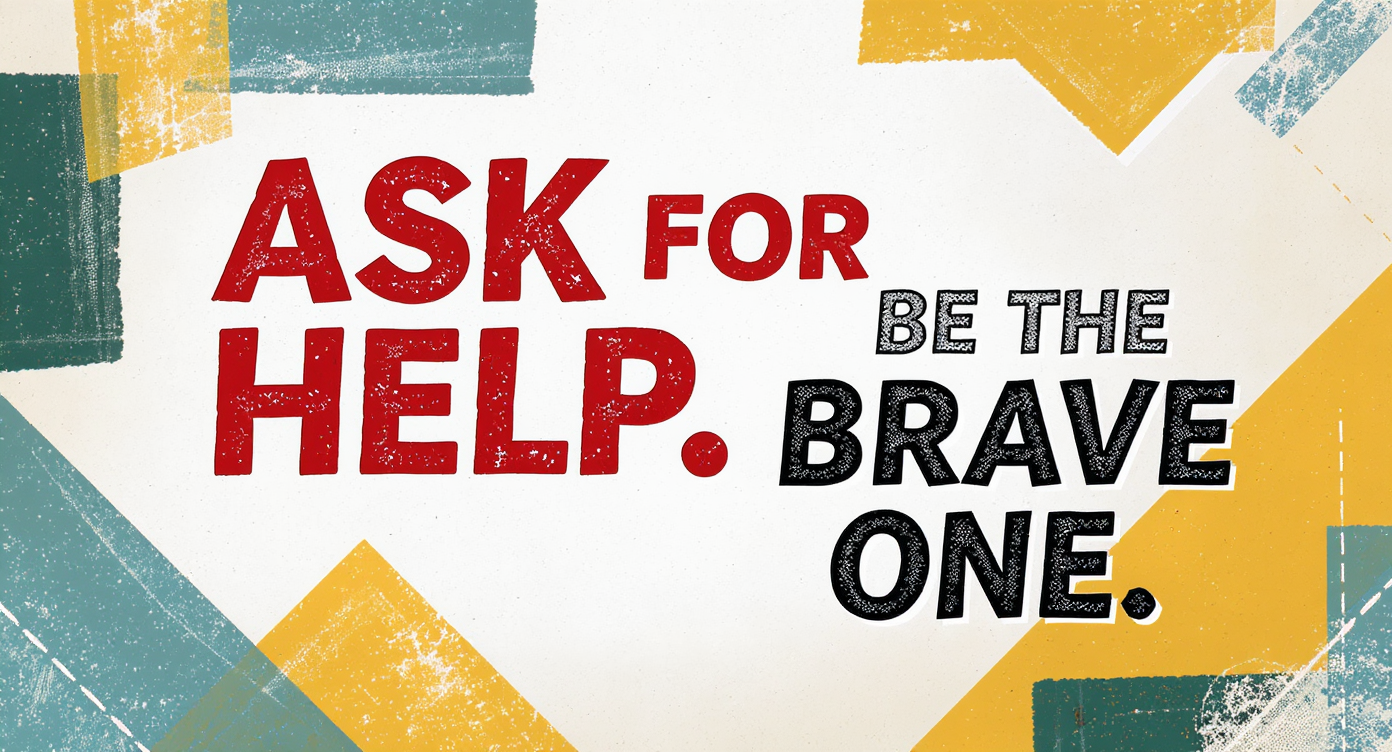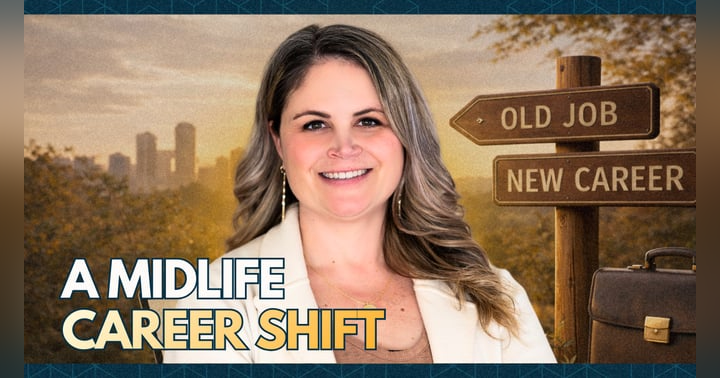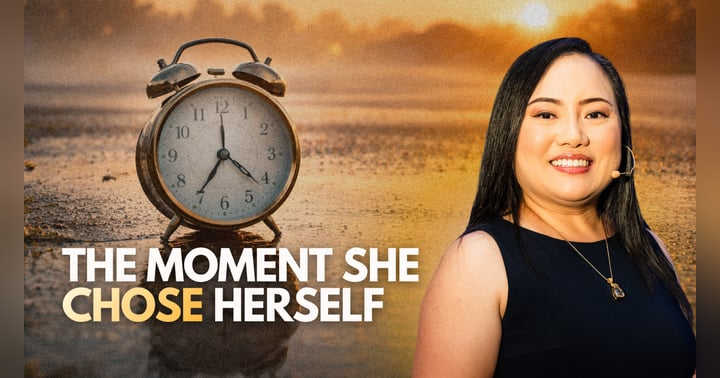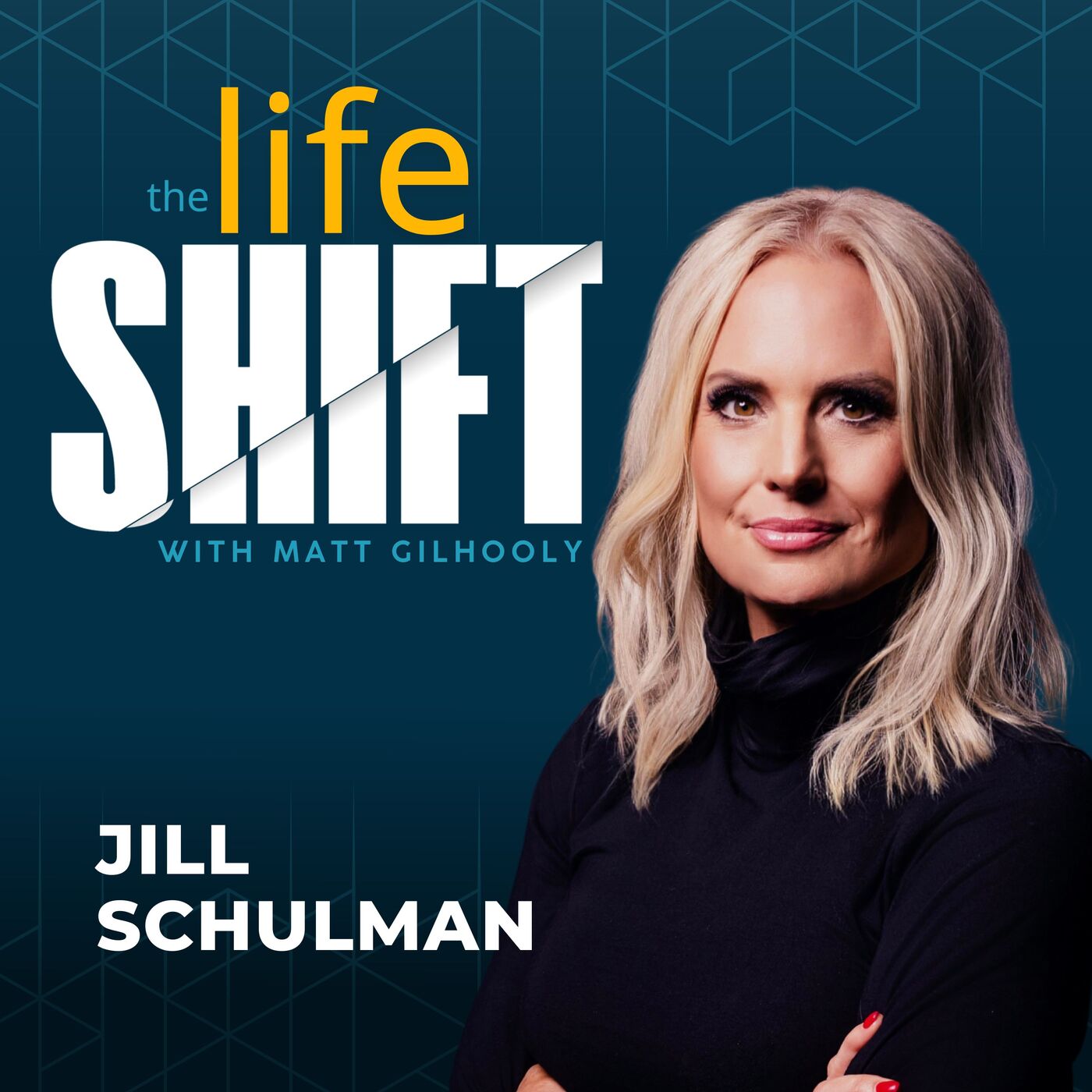What Bravery Really Means: Lessons From a Marine Veteran

Rethinking What Courage Looks Like
I used to think bravery was about doing big things. Running toward danger. Standing in front of a crowd. Making massive, life-altering decisions. But after nearly 200 conversations on The Life Shift Podcast, I’ve learned that courage often starts much smaller.
In a recent conversation with Marine Corps veteran and leadership expert Jill Schulman, that truth became even clearer. Jill’s story isn’t about the loud kind of bravery. It’s about the kind that happens in quiet, vulnerable moments. The kind that doesn’t look like bravery at all when you're in it.
She told me about a time when she walked into her ROTC unit ready to quit. Not because she didn’t care or wasn’t committed, but because life had gotten heavy. Her father was going through a divorce. Her grades were slipping. She felt like she was failing on every front. And she was sure they’d tell her to pack up and go home.
The Unexpected Power of Empathy
What happened next changed the course of her life. Jill’s commanding officer didn’t dismiss her. He didn’t say she wasn’t tough enough. He didn’t throw her failures back at her. Instead, he said, “We want you here. We’ll support you.”
That moment of empathy was a turning point. Not just for her military career, but for how she saw herself. For how she moved through the world. That one conversation helped her keep going. It made her realize that asking for help isn’t weakness. It’s strength.
And it got me thinking about how many of us stop ourselves from reaching out. We assume we’ll be judged. We assume we have to do it all alone. Jill’s story is a powerful reminder that support might be waiting right on the other side of our honesty.
Bravery Happens in Micro-Moments
Jill now teaches what she calls “the science of bravery.” She studied positive psychology at the University of Pennsylvania and built a career helping people become better leaders and stronger humans. But her message isn’t about becoming fearless. It’s about becoming more honest.
She believes that bravery is like a muscle. The more we use it, the stronger it gets. And it grows in the small decisions we make every day. The moments we choose to speak up. To ask for feedback. To admit we’re struggling. To try something new even when we might fail.
You don’t have to make a huge leap to be brave. You just have to take the next step. Jill calls these “brave micro-moments.” And over time, they create momentum. They shape who we become.
What We Become in the Process
During her early ROTC years, Jill fell behind in physical training. She couldn’t keep up with the other cadets. She felt ashamed. Alone. Unfit. At one point, she was the only woman left in her unit. The other woman had quit.
But Jill didn’t. She stuck it out. Day after day, she showed up and gave what she had. And by the time she got to Officer Candidate School, she was leading the pack. She graduated at the top of her group. Not because she was the fastest or the strongest, but because she kept going.
That kind of growth doesn’t come from smooth sailing. It comes from doing the hard thing, again and again, even when no one’s watching. Jill reminded me that bravery isn’t about becoming someone else. It’s about becoming more of who you already are once you stop hiding.
If any of this feels familiar, I think you’ll appreciate my full conversation with Jill on The Life Shift Podcast. We talk about everything from shame and self-doubt to strength and leadership. It’s one of those episodes that lingers long after the credits roll.
🎧 Listen at: www.thelifeshiftpodcast.com














